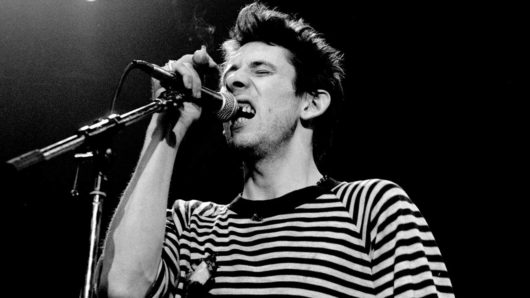Chronicling their 2023 reunion, the recording of a surprise comeback album, The Ballad Of Darren, and the group’s career-topping headline gigs at London’s Wembley Stadium, Blur’s To The End documentary is an emotive full stop to the latest chapter in the band’s ever-changing story.
Directed by Toby L and premiered at Sheffield DocFest on Friday, 14 June, the film, which is named after the song To The End, which featured on Blur’s breakthrough 1994 album, Parklife, takes a candid look at the band’s relationship after almost a decade apart. Like the Starshaped film of 30 years ago, it’s unflinchingly honest, revealing the tensions and triumphs behind a year no one could have predicted – as these ten takeaways from the To The End documentary reveal.
Listen to the best of Blur here.
1: ‘The Ballad Of Darren’ “dislodged” something within the group…
During one particularly affecting moment in the To The End documentary, frontman Damon Albarn bursts into tears while listening to a Ballad Of Darren playback for the first time with his bandmates. Explaining his reaction, he tells the camera crew, “It’s about loss, it’s about the aftershock of loss. Once something dramatic has happened, whether it’s a breakup or pandemic – I mean, what do you want me to say? Now I live alone, essentially, in the countryside. That’s what happened. And this record obviously very much feels like that.”
And yet, for guitarist Graham Coxon, recording The Ballad Of Darren was a cathartic experience for the whole band. “Emotionally, I think, with this album, something has been dislodged within the group, within Damon,” he says. “The boulder has fallen out. And there’s 40 years’ worth of stuff in this boulder that has been dislodged and now rolls down towards us.”




